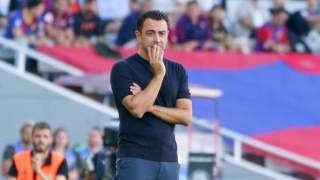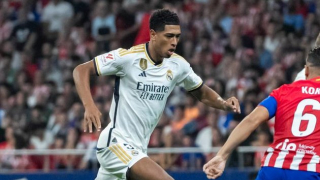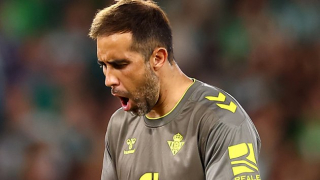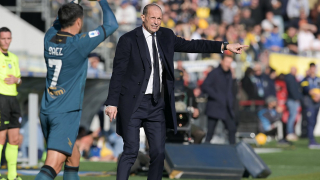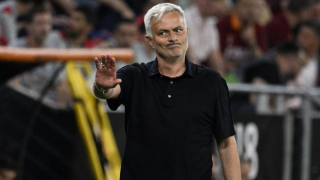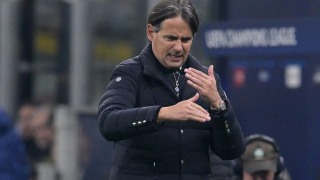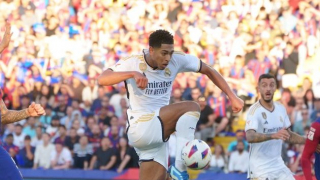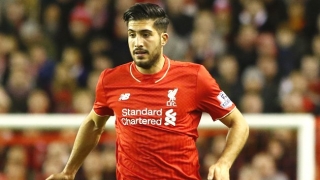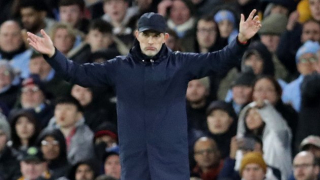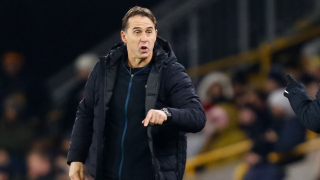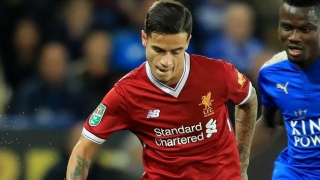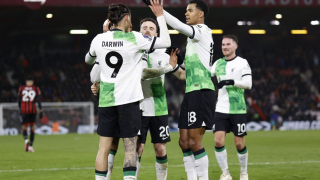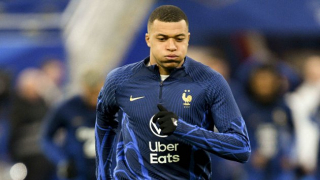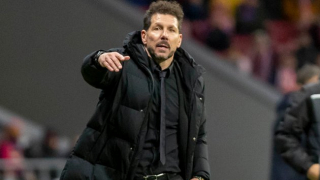England find themselves in an unnervingly volatile position on the eve of Euro 2020, caught somewhere between the jolly optimism of the unexpected success of the 2018 World Cup and a new foreboding expectation to deliver on the promise of England's exciting young cohort of players.
It is an awkward space to hover in, a transitional moment in which the perfect manager for the 2018 squad suddenly looks an odd fit for the crop of 2021.
No nation has changed personnel or aesthetic over the last three years quite as much as Gareth Southgate's side and the fans - who want nothing more than to unleash the talent of Jack Grealish, Jadon Sancho, Phil Foden, and Mason Mount - anticipate sluggish conservative football that leaves half of England's best attacking players on the bench. To put it another way, Southgate is simultaneously England's most popular manager in decades and is seen as the coach who will hold England back; loved, but by a fan base ready to fall out of it.
The contortions and the strain between these two ideas is captured in the awkward tactical middle ground that England appear to be taking and the still-unknown status of Southgate's preferred formation. He has lurched between an attacking 4-3-3 and a defensive 3-4-3; it is telling that we still don't quite know which system will be used the most, or indeed which is more appropriate to reach the semi-finals – the bare minimum expectation for what is essentially a home tournament for the second favourites.
Things are further complicated by the late arrival of those playing in European finals, and while Southgate used a 4-2-3-1 in each of England's warm-up games we can learn little from these B-Team selections. Instead, the most likely tactical story of their tournament – given the draw has handed England an easy group followed by a devilishly difficult run to the final – is a bold attacking start that gradually slows and congeals as the Three Lions go deeper in the tournament.
That changing aesthetic – likely characterised by a move to a back three, the introduction of a double defensive axis, the prioritisation of hard-working playmakers like Mount over the glamour of a Grealish – is perhaps cause for alarm considering what happened in Russia three years ago. England crawled through their semi-final against Croatia, playing within themselves despite their opponents having played 60 more minutes of football over the previous two games. The resulting sinking, the fatalistic loss of grip of the contest, felt inevitable.
Southgate cannot afford similar conservatism to dominate his thinking, not at Wembley and not when his bench is stuffed with world-beating talent. Back in 2018 there was widespread acceptance England's squad wasn't good enough to compete in any other way, but now there is rightly the expectation that the English ought to be taking the game to the opposition; ought to play with their chests puffed out.
It would be unfair to judge Southgate harshly before a ball has been kicked, and indeed we must keep an open mind regarding where his formation and line-up will land when England play the stronger nations. There is still the distinct possibility Southgate's superb man-management will build a creative atmosphere that binds the players, and that tightly holding the reins is in fact the perfect way to win an international tournament regardless of player quality. Certainly the success of Didier Deschamps' defensively-cautious France suggests as much.
But optimistic thought about England's chances comes unstuck when considering the looming threat of that second-round match. Win Group D, as they surely will, and the Three Lions face either France, Germany, or Portugal in the last 16. With England still relatively inexperienced (or at least unsure of themselves tactically) this does not bode well for Southgate.
Should England drift hesitantly to defeat, stodgy in a 3-4-3 and fielding five defenders and two defensive midfielders, then the clamour to replace Southgate with a gung-ho attacking coach like Frank Lampard will be hard for the FA to ignore. Should England win that second-round game then all of Southgate's methods will be vindicated and the nation will rally around a side genuinely ready to go all the way. It seems almost certain that everything – including Southgate's future – will hinge on that one game.
That is often the way with international football. For all the months of analysis and insight, for all the hand-wringing over tactics and player selections, the narrative of a campaign is decided by a single 90 minutes; by, in many cases, the roll of a dice.
England, then, can win Euro 2020. But to do so will require this transitional side, stuck with a manager and a squad that don't quite fit together, finding cohesion and coming of age within the Euros themselves. Rarely, if ever, has that been the recipe for winning an international tournament. There are just too many unknowns, too many forces pulling in different directions, for England to surge past the likes of Portugal, France, and Spain to glory.


